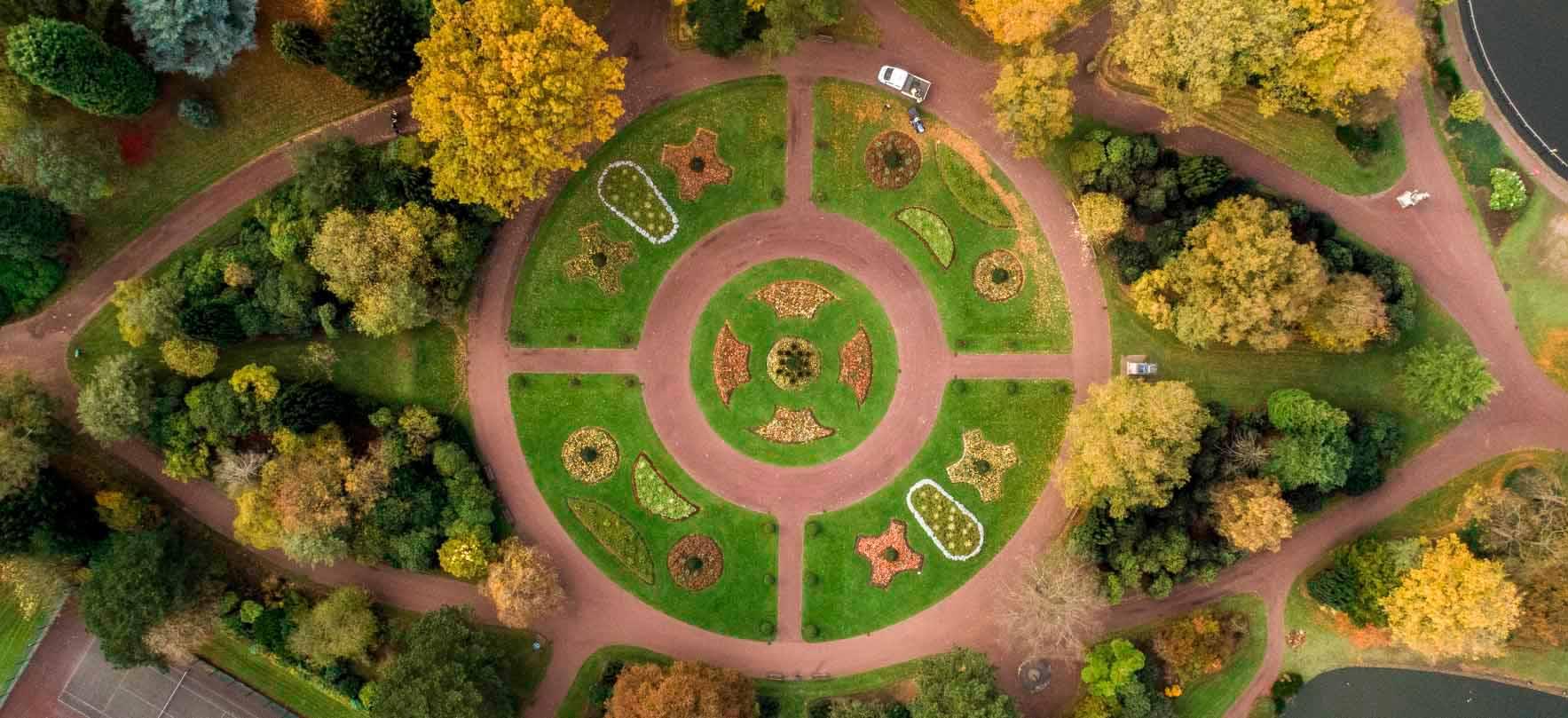The Mercadona Chair in Circular Economy seeks to become a benchmark generator of knowledge to better understand the role of the agri-food industry and the distribution sector when facing the challenge of the transition towards the circular economy.
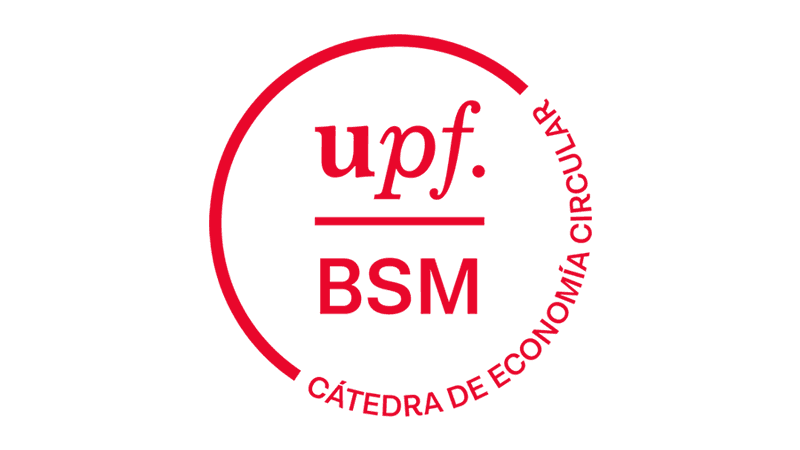
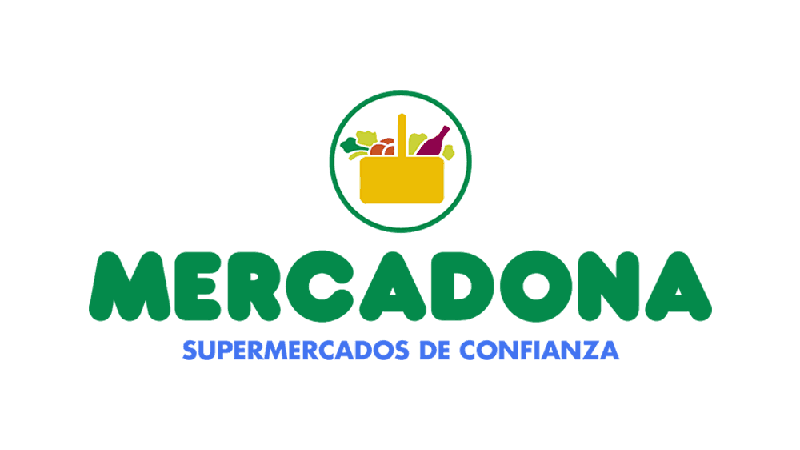
To stimulate and structure the debate, we have identified five macro topics on which to arrange the knowledge generated during the 2020–23 period of the Chair.
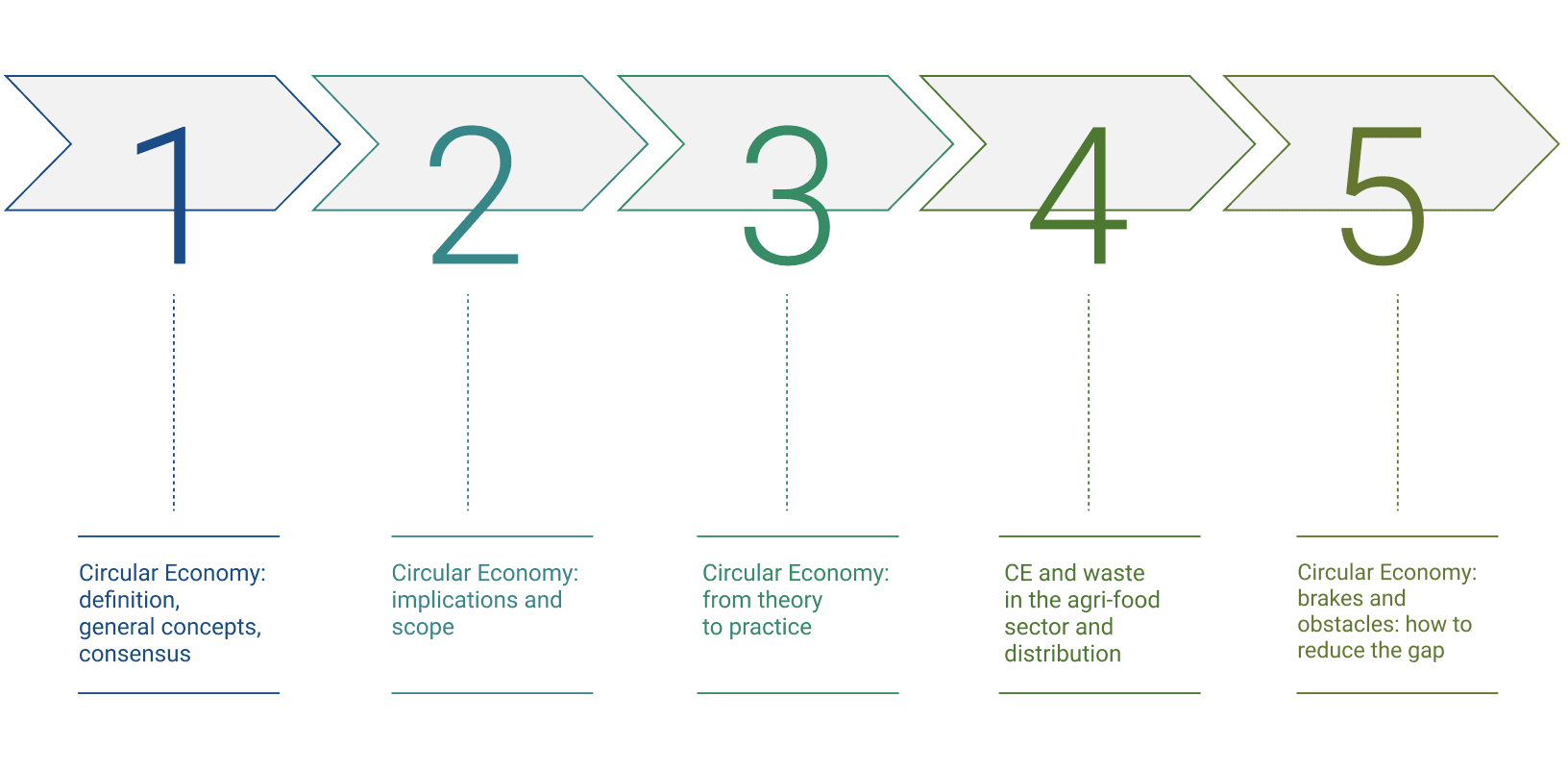
Objectives
The objectives of generating and disseminating the knowledge of the Mercadona Chair in Circular Economy are achieved through research and knowledge transfer instruments that range from the analysis and development of scientific articles, through direct participation in events and conferences, to the generation of real cases and informative articles that serve as models of good practice. Each of these activities is related to one of the five macro themes.
- Generate knowledge on issues related to the circular economy and its application in the distribution sector through studies that will analyse and identify relevant information that may be of interest to managers and consumers
- Disseminate the knowledge generated through conferences, workshops, and other collaborative activities.
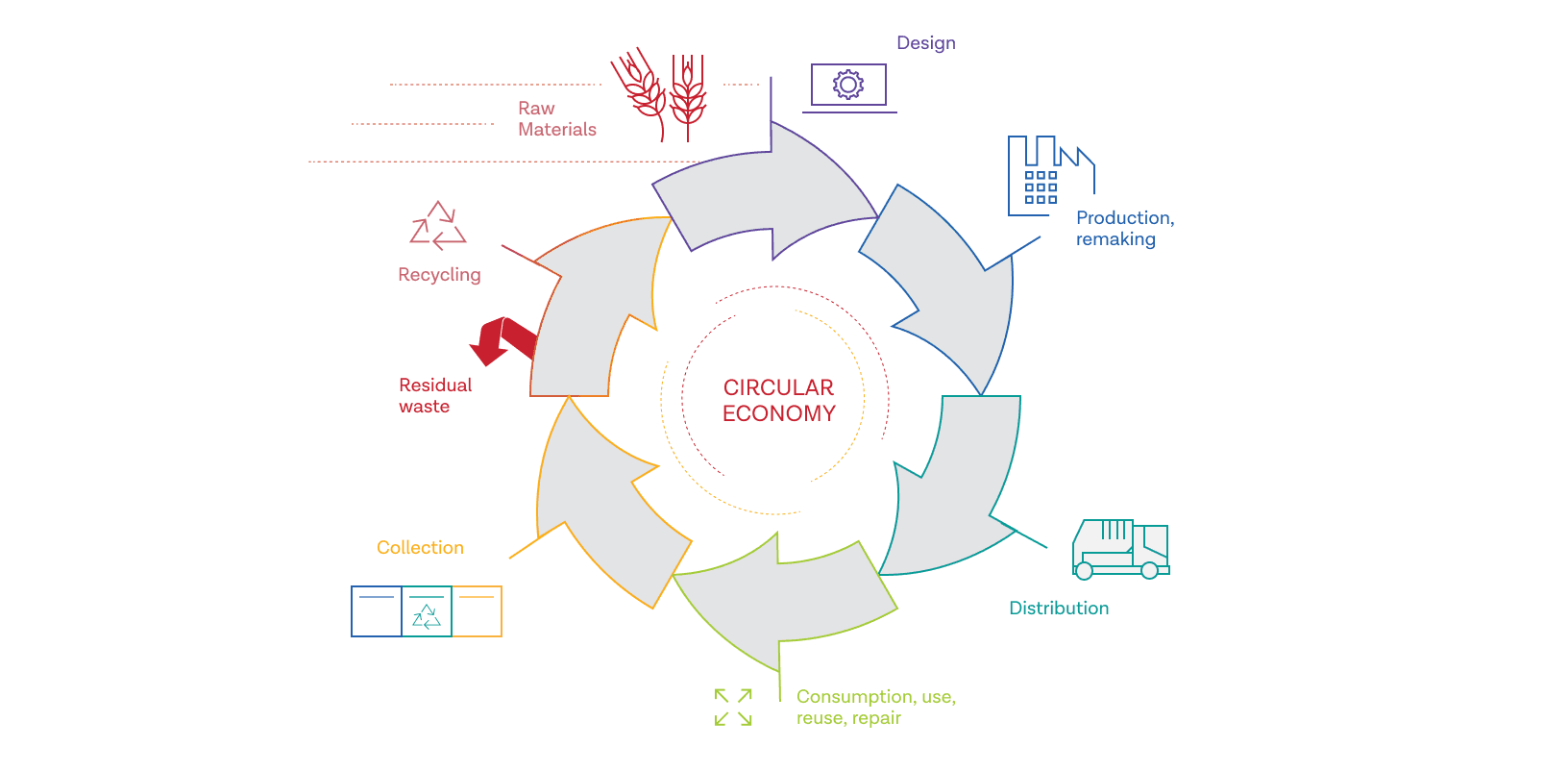
Team
The Mercadona Chair in Circular Economy has a team of researchers of excellent academic quality and professional experience with specialties in different areas of management knowledge such as marketing, communication, and finance, as well as technical fields, and independent experts in circular economy and business.
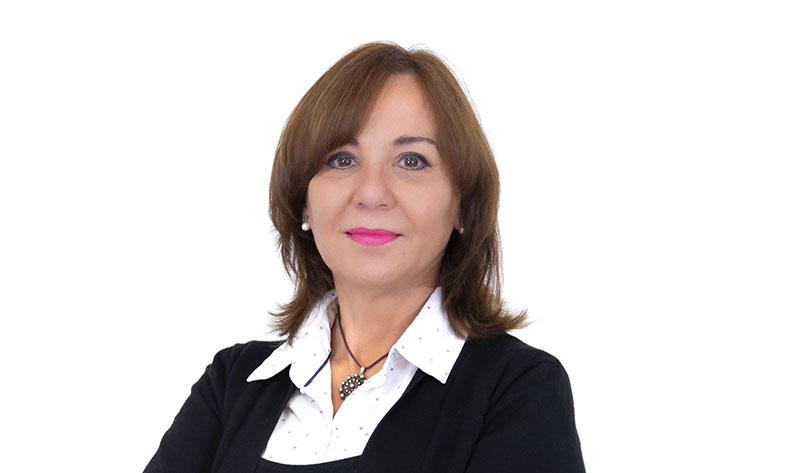
Chair Director
PhD in Business from the University of Barcelona, MBA from IESA (Caracas), Computer Engineering from the Simón Bolívar University (Caracas)
Research Team
- Alba Bala, UPF-ESCI Research Professor
- Laura Batlle, UPF-ESCI Research Professor
- Andrei Boar, UPF-BSM Professor/Researcher
- Alba Cabañas, Independent Consultant
- Pere Fullana, UPF-ESCI Research Professor
- Carolina Luis Bassa, UPF-BSM Professor/Researcher
- Roger Pagá, UPF-BSM Professor/Researcher
- Antonio Romero, Director of Circular Economy at Mercadona
Publications
Scientific articles
- Batle, L.; Bala, A.; Fullana, P. (2022), Hacia el 100% reciclado, hacia el 100% reciclable: Actualidad y retos de la reciclabilidad de los envases de plástico
- Batlle-Bayer, L., Aldaco, R., Bala, A., Puig, R., Laso, J., Margallo, M., ... & Fullana-i-Palmer, P. (2020), Environmental and nutritional impacts of dietary changes in Spain during the COVID-19 lockdown
Informative articles
- Torner del Barrio, M.; Boar, A. (2023), Cómo medir el impacto de la economía circular en las empresas, el sector agroalimentario
- Luis-Bassa, C. (2022), Percepciones del comprador sobre las acciones de los supermercados españoles en la promoción de una cultura responsable con el reciclaje y la sostenibilidad
- OBS 17.17 (2022), Buenas prácticas de colaboración privada-privada de economía circular
- Pagà, R. (2022) Environmentally-sustainable consumer behavior: what hinders is? What promotes it?
- Pagà, R. (2022), Informe sobre la metodología y los resultados obtenidos en el Trabajo de Fin de Master: Estudio sobre la percepción del consumidor de las acciones de economía circular realizadas en el sector de la distribución agroalimentaria español
- Luis-Bassa, C. (2021); Eslabón 3: Economía Circular: de la teoría a la práctica
- Luis-Bassa, C. (2021), Narrativa de la Cátedra Mercadona de Economía Circular
- Luis-Bassa, C.; Pagá, R. (2021), La economía circular ¿Qué es?
- Luis-Bassa, C.; Pagá, R. (2021), Es la hora de la Economía Circular
- Luis-Bassa, C. (2020), Economía Circular: definición, concepto general, consenso
Books
- Luis-Bassa, C. (2024). Compendio de conocimiento generado entre 2020 y 2023 en la Cátedra Mercadona de Economía Circular
Case studies
- Souto, L.; Luis-Bassa, C. (2023), Casos de estudio de estrategias innovadoras de las empresas españolas del Sector Agroalimentaria en la Economía Circular
- Di Vicino, M. (2022), Caso de Estudio: El reto circular de las cápsulas de café de Mercadona
- Di Vicino, M. (2022), Nota de enseñanza del caso de estudio. El reto circular de las cápsulas de café de Mercadona
- Luis-Bassa, C., Boar, A. (2021), Caso Logifruit: Alternativas de economía circular de envases
- Luis-Bassa, C., Boar, A. (2021), Caso Logifruit Nota de Enseñanza
Studies
- Luis-Bassa, C. (2023), Study on the impact of the digitalization of companies on the Circular Economy in Spain (Spanish document)
- Luis-Bassa, C. (2022), Estudio Economía Circular en el Punto De Distribución Agroalimentario
Other projects carried out at UPF and at the UPF-BSM related to Circular Economy
- Baltanás, A., Barceló, D., Pascual, P., Trilla, M. (2022), Afectación de la ley de residuos y suelos contaminados para una economía circular a las empresas de la industria de alimentación y bebidas en España
- Hernandez, M. (2022), Estudio sobre la percepción del consumidor de las acciones de economía circular realizadas en el sector de la Distribución Agroalimentaria
- Martín, A., Álvarez, A., Meson, A., Solano, S. (2022), Model for evaluating the achievement of a circular economy for the grocery chain sector
- Romeu Arumi, M. (2022), Case study: application of a sustainable circular food waste and loss business model in Barcelona
- Alegre, M., Flo, G., Puig, C., Roch, A. (2021). Alternativas para empresas del Sector de Distribución Agroalimentario ante la prohibición del plástico de un solo uso por la nueva ley de residuos y suelos contaminados
- Álvarez S., Gifre J., Oliva I., Tort A. (2021), ¿Estamos reciclando correctamente los españoles?
News
- Knowledge pill 5: Overcoming the obstacles to implement a circular business model
[13/09/2023]
This fifth - and final - installment of the knowledge capsules of the UPF-BSM Mercadona Chair analyzes the barriers and obstacles in the implementation of the circular business model. - Knowledge pill 4: Circular economy and waste in the agri-food sector
[06/07/2023]
This fourth and penultimate edition of the knowledge capsules created by the UPF-BSM’s Mercadona Chair analyzes waste management in the agri-food sector within the context of the circular economy. - Knowledge pill 1: What is the circular economy?
[13/02/2023]
We put into context what the circular economy really is and its advantages for both citizens and companies. - Mercadona y la UPF Barcelona School of Management crean una cátedra para potenciar la economía circular
[26/09/2020]
La cátedra, que tendrá una duración de tres años (2020-2023), estará centrada en la industria agroalimentaria y el sector de la distribución. - El informativo de TVE entrevista Carolina Luis sobre la Cátedra Mercadona de Economía Circular (Minuto 15:55)
[18/10/2020]

